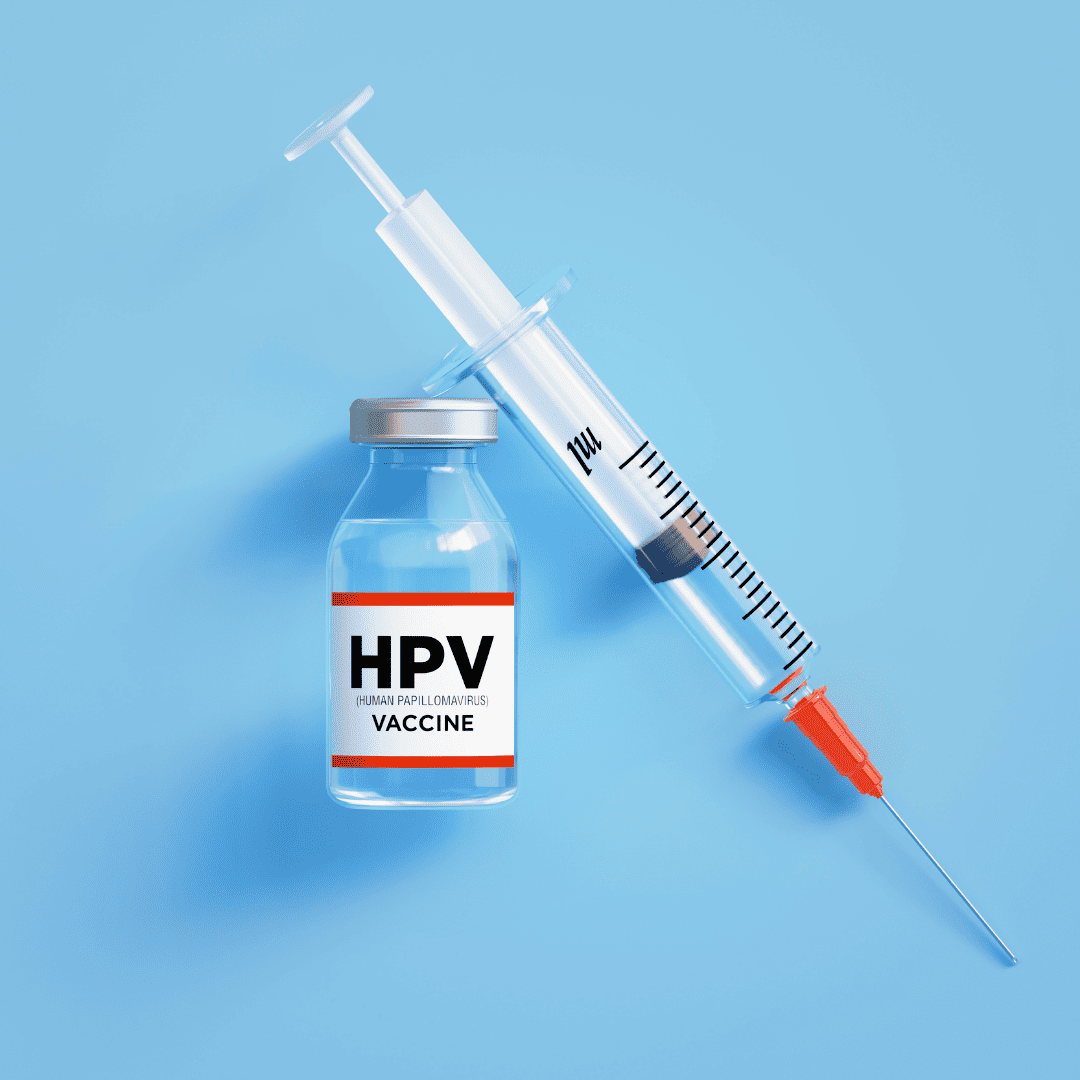I’ve always found that many people are super concerned about their memory.
And man, do we hear about Alzheimer’s Disease a lot these days. Most know someone who has been affected by it as well. Rates have significantly increased even over these last 2 years!
As people age memory becomes challenged and that can be SOMEWHAT normal (yes, I said normal 😊)
So, what’s normal and what’s something to be concerned about?
Normal “memory loss” happens all the time in healthy people. Forgetting someone’s name or failing to remember an event super clearly is not uncommon or abnormal. That happens to all of us. It’s when the regularity and severity increases – that changes it from normal to abnormal. Especially if it’s a rapid decline in memory – that’s a red flag.
Normal or “Age-related memory loss” is viewed as:
- No disruptions day to day
- Can learn and retain new things
- Can complete daily tasks
- No underlying medical conditions
Abnormal or dementia is the opposite:
- Disrupts your day
- Cannot learn or retain new information
- Difficulty completing daily tasks
- Loved ones notice your compromised memory
Then there is the “in-between” that doesn’t necessarily have to progress to dementia or Alzheimer’s.
Alzheimer’s Disease is the most common cause of dementia – it accounts for about 70+% of dementia cases.
But let’s look at some reasons we can be challenged in memory. Remember we don’t just want to treat symptoms but get to the root cause, right?
- Too much on your “plate”: This is the biggest one honestly. We take on more and more responsibility and forget that a healthy brain can only do so much. That’s the first question I ask my clients – “How much are you doing?” “Are you constantly in a ‘run, run, run’ pattern?” We do WAY too much day to day.
2. Stress: See #1 😊 – but high cortisol has been linked to oxidative stress/DNA damage, cognitive decline and Alzheimer’s Disease. https://www.frontiersin.org/articles/10.3389/fnagi.2019.00043/full
- Lack of quality sleep: sleep deprivation can create both an episodic and associative memory loss.
https://pubmed.ncbi.nlm.nih.gov/32179655/
- Hormone imbalances: Estrogen, testosterone and progesterone all contribute to adequate and proper blood flow to the brain and can impact cognitive decline beyond “brain fog”.
https://www.ncbi.nlm.nih.gov/pmc/articles/PMC6422548/
- Thyroid Disorders: cognitive decline was detected in over 34%-51% of those with thyroid disease in this study.
https://www.ncbi.nlm.nih.gov/pmc/articles/PMC8551900/
- Alzheimer’s and/or Dementia: These are the classic “memory disorders” that we think about when we talk memory problem; Alzheimer’s is strongly now considered “Diabetes Type 3” and impaired insulin signaling.
https://www.ncbi.nlm.nih.gov/pmc/articles/PMC7246646/
- Toxicity: Having your body burdened by toxins is a big strain on all systems, including your memory.
- Diet: Common on – by now you know I think diet is everything. 😊
- Gut Microbiome Dysfunction: Gut-Brain connection is real and crucial to our overall health. Gut health/microbiome is STRONGLY connected to cognition. https://www.ncbi.nlm.nih.gov/pmc/articles/PMC7601389/
- Head Trauma: Even the slightest head bump can have a negative impact on your memory. Certainly, anything bigger like a concussion is a bigger deal than doctors make it out to be.
- Medications:
a. Beta Blockers for high BP (e.g. metoprolol, propranolol): interfere with the key neurotransmitters like epinephrine and norepinephine
b. Statins/Cholesterol Lowering meds (e.g. atorvastatin/Lipitor): lower fats in the brain which are crucial for helping transmit nerve impulses from brain cell to brain cell
c. Benzodiazepines/Anti-Anxiety Meds (e.g. Valium, Xanax):
d. Narcotic Pain Meds (e.g. hydrocodone, oxycodone)
e. Antihistamines and some OTC sleep meds (e.g. Benadryl): decrease acetylcholine in brain which is an important neurotransmitter for brain function and memory
- Nutrient Deficiencies: Vitamin D and B vitamins are some of the important ones.
- Strokes/TIA: self-explanatory – damage done to the brain from lack of oxygen and create on-going memory problems.
- Brain Diseases: like Multiple Sclerosis, Huntington’s, Parkinsons
- Systemic Illnesses: like Lyme, Biotoxin/Mold Illness
- Poor Oral Health: yes, you heard that right! Porphyromonas gingivalis, a bacteria found in the mouth associated with periodontal disease increases your risk of Alzheimer’s Disease by 65%! Simply brushing your teeth 2-3x/day significantly reduces that risk! https://pubmed.ncbi.nlm.nih.gov/30746447/
NATURAL SUPPORT FOR MEMORY
- Slow Down! Honestly – this is #1
- Focus on sleep – go to bed earlier so that you get deeper sleep during the quality hours of 11pm-2am
- Diet matters – quality animal protein sources, plenty of quality fat, organic produce and limit grains (particularly gluten grains that are almost guaranteed to be contaminated with glyphosate/Round-Up
- Don’t skimp on fat in your diet
- Brush your teeth 2-3x/day
- Revisit your medication list with your doctor
- Get your Gut tested
- Get your hormones tested
- Get your bloodwork done for inflammatory markers, thyroid, inflammatory markers and diabetes risk (including insulin levels)
- You can take all the supplements in the world but improvement doesn’t occur if you are living a poor lifestyle! But here are some that have been shown help: omega-3 fatty acids (particularly DHA), L-Theanine, Ashwagandha, Ginkgo, Magnesium, Methylated B vitamins, Resveratrol, choline, Vitamin D and creatine.
The brain is an amazing organ and can rebound and heal – it’s called Neuroplasticity!
Take your life into your own hands and get to the root of your health issues from the foundation!
Positive Vibes only!
Dr. Kelley

